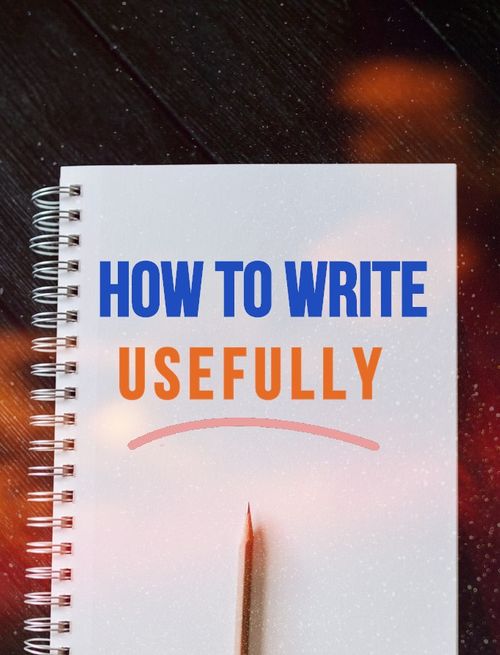The Paul Graham guide to writing nonfiction
Jun 24, 2021 · 2 mins read
0
Share

Silicon Valley investor Paul Graham gives the same advice to startup founders as he does to essay writers: create something that you would want yourself. If it feels important or interesting to you, chances are it will be to others.
Save
Share
At school, we’re taught to write essays as persuasively as possible. But Graham believes that useful writing is more important – and its aim is to be bold but true.
Save
Share
An essay should feel rock solid. Don’t let your statements feel vague or hollow; you can’t tip-toe around the facts. Your writing must be as strong as it can be while still being correct.
Save
Share
Good nonfiction writing is informative. You want to have an important message that at least some people won’t have considered before. It doesn’t have to be a surprise. Sometimes people are aware of something unconsciously but need to hear it expressed before it clicks for them.
Save
Share
The next ingredient is novelty. Don’t worry if your content doesn’t feel totally original: there are always going to people who’ve had the same idea already. That’s life. It just needs to be novel to enough readers to find traction.
Save
Share
Don’t hit publish unless you’re 100% convinced. Ensuring your writing is novel, important, and correct is an act of quality control: only express something that’s worth hearing. (Graham kept his essays private for 15 years). Your ideas can’t all be great, but the ones you publish
Save
Share
Paul Graham practices meticulous editing: he will proofread his work over and over until anything that’s even mildly annoying or clumsy has been eliminated. If a sentence doesn’t feel quite right, ask yourself why – more often than, the solution will reveal itself.
Save
Share
Be careful with qualifiers. They’re like using the clutch pedal in a car: if you’re going at full speed, you don’t need words like “perhaps” or “I think”. But some situations require expressing things with nuance, like how specific/broad something is or how sure/unsure you are.
Save
Share
Write as simply as possible. This is less about being useful, and more about respecting the reader’s time and attention. Keeping things concise also helps you weed out subtle mistakes.
Save
Share
Bottom line: Paul Graham believes that the four components of good nonfiction writing are strength, novelty, importance, and correctness. The best way to get there is through practice and quality control. The ultimate goal is to inform people in a convincing fashion.
Save
Share
0